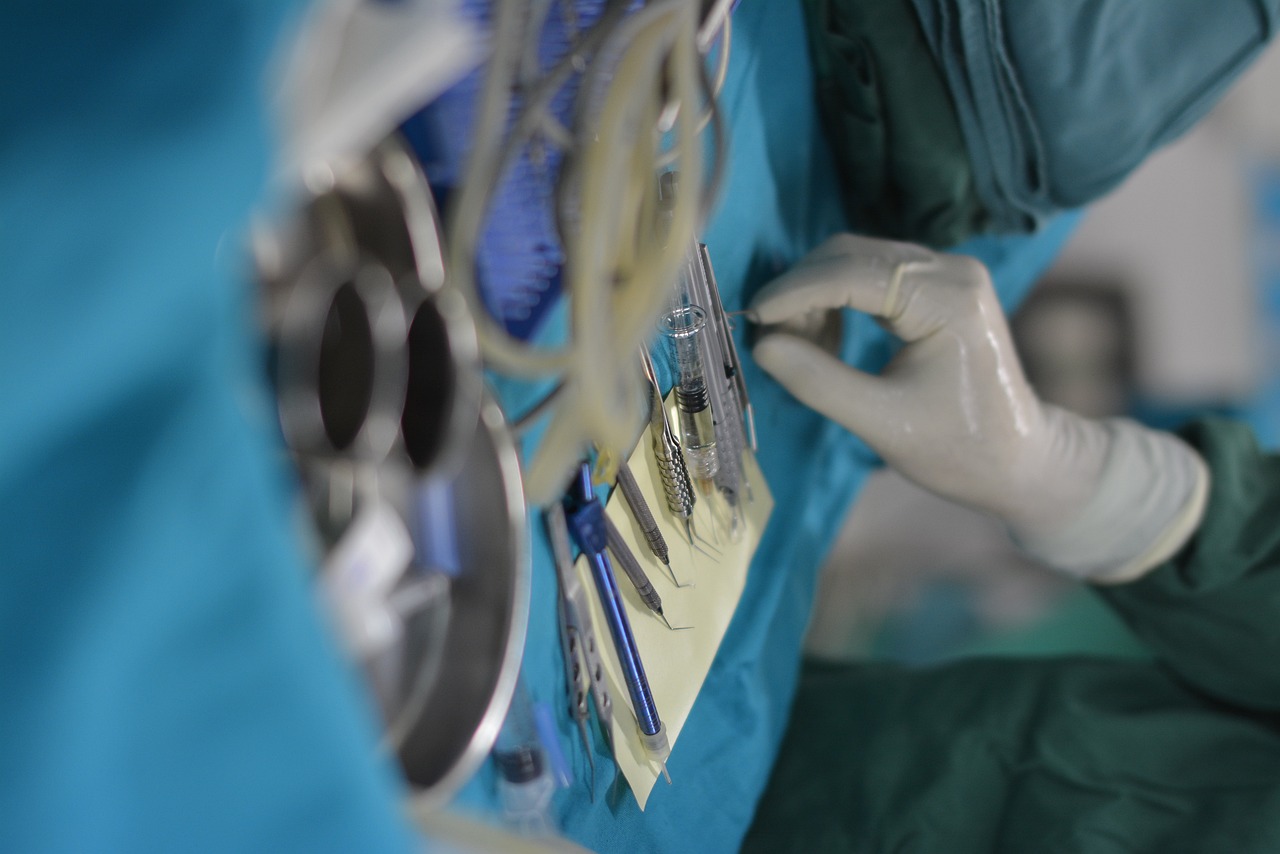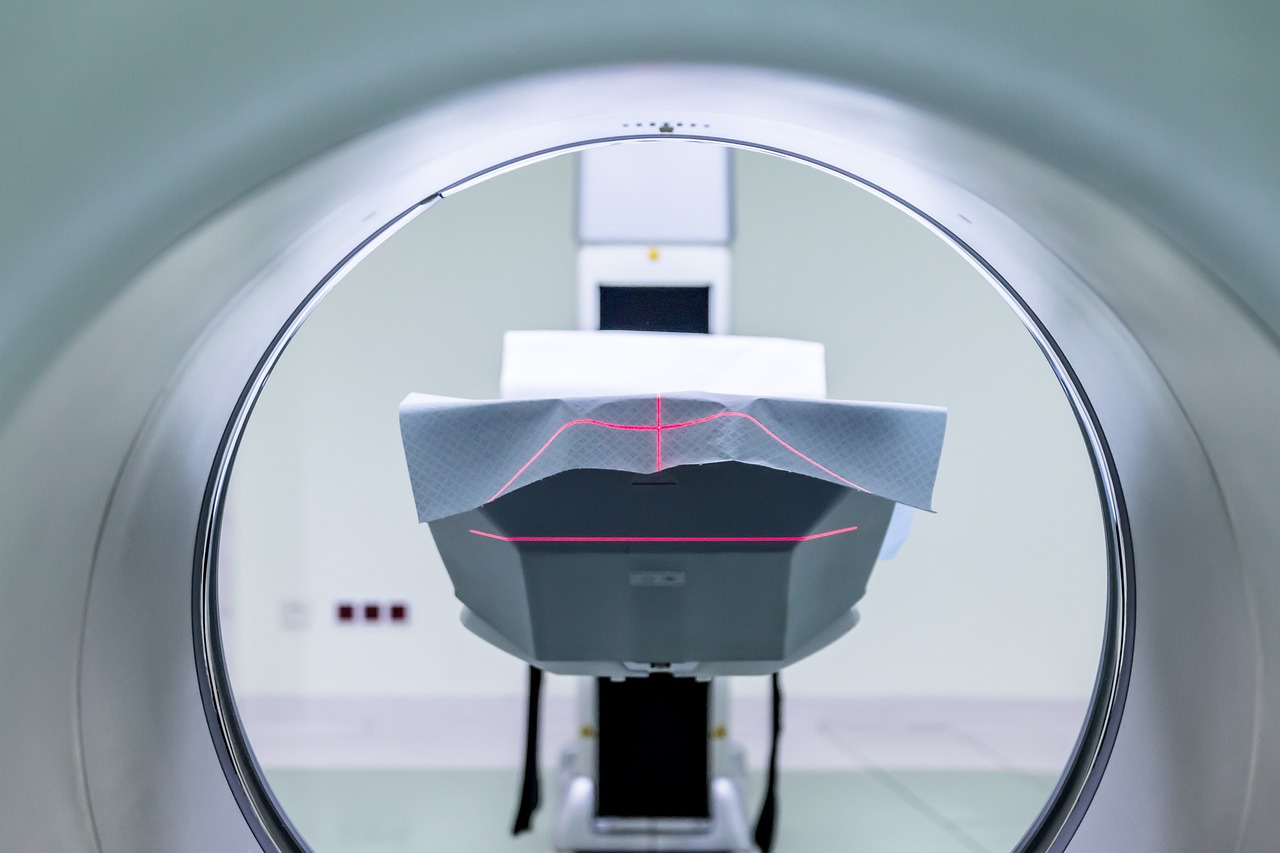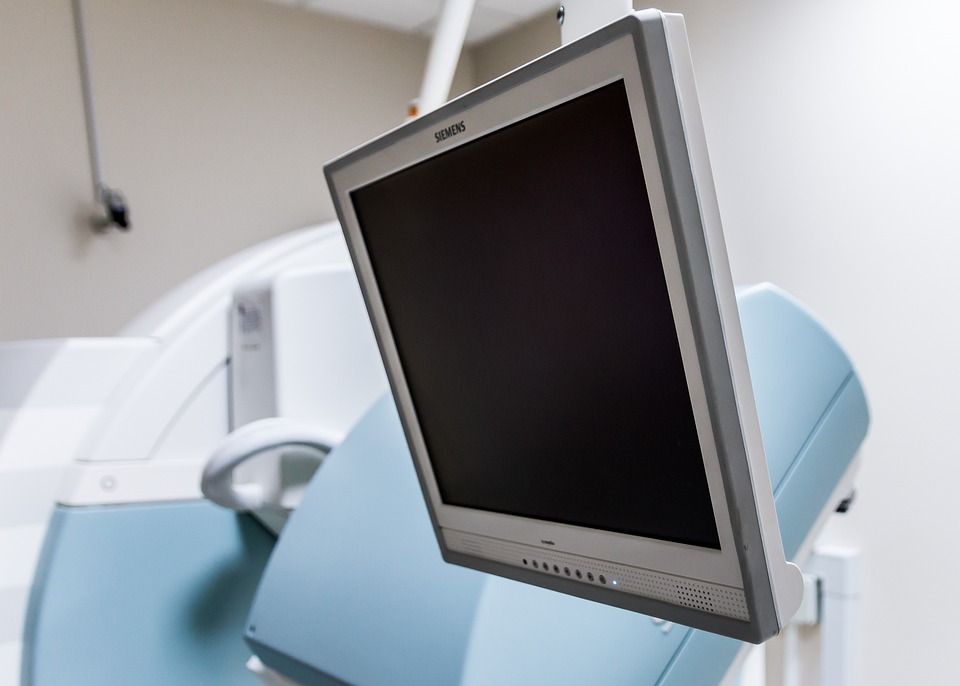Artificial Intelligence in Medicine is rapidly transforming the healthcare landscape, ushering in a new era of precision, efficiency, and personalized care. This revolutionary technology is reshaping various aspects of medical practice, from diagnosis and treatment to drug discovery and patient care. As AI continues to evolve, its integration into healthcare systems worldwide is accelerating at an unprecedented pace, promising to enhance patient outcomes and streamline medical processes.
The adoption of AI in healthcare has seen remarkable growth in recent years, with applications ranging from sophisticated diagnostic tools to AI-driven robotic surgeries. This technological revolution is not only improving the accuracy and speed of medical interventions but also opening up new possibilities in personalized medicine and drug development.
The Role of AI in Diagnostics
AI is significantly enhancing diagnostic capabilities across various medical fields, improving accuracy, speed, and efficiency. The integration of AI in diagnostics is transforming how healthcare professionals interpret medical data and make clinical decisions.
| Aspect | Traditional Diagnostics | AI-Enhanced Diagnostics |
|---|---|---|
| Speed | Hours to days | Minutes to hours |
| Accuracy | Varies with human expertise | Consistently high |
| Data Processing | Limited to human capacity | Can process vast amounts of data |
| Pattern Recognition | Based on individual experience | Learns from millions of cases |
| Availability | Limited by working hours | 24/7 availability |
| Cost | Higher long-term costs | Initial investment, lower long-term costs |
AI in Medical Imaging
AI is revolutionizing medical imaging by enhancing the interpretation of radiological studies. Advanced algorithms can analyze images with remarkable speed and accuracy, often detecting subtle abnormalities that might be overlooked by human observers.
Benefits of AI in medical imaging:
- Reduced error rates: AI algorithms can catch details that human eyes might miss
- Faster diagnosis: AI can analyze images in seconds, expediting the diagnostic process
- Workload reduction: Automating routine scans allows radiologists to focus on complex cases
- Enhanced consistency: AI provides consistent analysis across large volumes of images
- Improved patient triage: AI can quickly flag critical cases for immediate attention
AI in Pathology
In pathology, AI is transforming the analysis of tissue samples and the detection of diseases. Digital pathology, combined with AI algorithms, is enhancing the speed and accuracy of diagnoses.
Key advancements in AI-driven pathology:
- Automated cell counting: AI rapidly and accurately counts and classifies cells
- Pattern recognition: AI identifies complex tissue patterns associated with various diseases
- Standardization: AI reduces variability in interpretations between pathologists
- Integration of multi-modal data: AI combines pathology data with other clinical information for comprehensive analysis
- Remote diagnostics: AI enables efficient remote consultations and second opinions
AI in Personalized Medicine

AI is playing a crucial role in tailoring medical treatments to individual patients, considering their genetic makeup, lifestyle, and environmental factors. This personalized approach is revolutionizing patient care and treatment outcomes.
| Step | AI Role | Outcome |
|---|---|---|
| Data Collection | Integrates diverse patient data | Comprehensive patient profile |
| Genetic Analysis | Identifies relevant genetic markers | Personalized risk assessment |
| Treatment Selection | Matches patient profile with optimal treatments | Tailored treatment plan |
| Monitoring | Continuous analysis of patient response | Real-time treatment adjustments |
| Prediction | Forecasts long-term outcomes | Proactive health management |
AI in Genomics
AI is transforming genomic medicine by enabling rapid analysis of vast amounts of genetic data, leading to more precise disease prediction and treatment strategies.
Key benefits of AI in genomics:
- Rapid sequence analysis: AI accelerates the interpretation of genetic sequences
- Identification of disease-causing mutations: AI algorithms detect subtle genetic variations linked to diseases
- Pharmacogenomics insights: AI predicts drug responses based on genetic profiles
- Gene-environment interaction analysis: AI assesses how environmental factors influence genetic expression
- Population-level genomic studies: AI facilitates large-scale genomic research for broader insights
AI in Treatment Plans
AI is revolutionizing the development and optimization of treatment plans, particularly in complex fields like oncology and chronic disease management.
Advantages of AI-driven treatment plans:
- Evidence-based recommendations: AI synthesizes vast medical literature and clinical data
- Real-time adjustments: AI continuously updates plans based on patient response
- Multi-factor consideration: AI integrates various patient data points for holistic planning
- Predictive outcomes: AI forecasts treatment efficacy and potential side effects
- Personalized dosing: AI optimizes medication dosages based on individual patient characteristics
AI in Robotic Surgery
The integration of AI in robotic-assisted surgeries is enhancing surgical precision, safety, and patient outcomes. AI algorithms guide robotic systems, providing surgeons with enhanced capabilities and decision support.
| Aspect | Traditional Surgery | AI-Assisted Robotic Surgery |
|---|---|---|
| Precision | Limited by human dexterity | Enhanced by robotic precision |
| Visualization | Standard 2D views | 3D high-definition visualization |
| Fatigue | Surgeon fatigue impacts long procedures | Reduced surgeon fatigue |
| Learning Curve | Steep for complex procedures | Faster learning with AI guidance |
| Consistency | Varies with surgeon experience | Consistent performance with AI assistance |
| Data Integration | Limited real-time data use | Integrates real-time data for decision-making |
Precision and Efficiency
AI-assisted robotic surgery systems are revolutionizing surgical procedures by offering unprecedented levels of precision and efficiency.
Key advantages:
- Minimally invasive techniques: Smaller incisions lead to faster recovery
- 3D visualization: Enhanced depth perception for complex procedures
- Motion scaling: Precise control of robotic instruments for delicate operations
- Tremor filtration: Elimination of hand tremors for steadier movements
- Ergonomic benefits: Reduced physical strain on surgeons during long procedures
Post-Surgical Outcomes
AI is significantly improving post-surgical care and recovery monitoring, leading to better patient outcomes and reduced complications.
Benefits in post-surgical care:
- Predictive analytics: Early identification of potential post-operative complications
- Personalized recovery plans: AI-tailored rehabilitation programs
- Remote monitoring: Continuous assessment of patient recovery through wearable devices
- Automated follow-up: AI-driven systems for efficient patient follow-up and support
- Data-driven improvements: Continuous learning from outcomes to enhance future surgeries
AI in Drug Discovery

AI is transforming the pharmaceutical industry by accelerating drug discovery and development processes. This technology is enabling researchers to identify potential drug candidates more quickly and predict their efficacy and safety with greater accuracy.
| Stage | Traditional Process | AI-Enhanced Process |
|---|---|---|
| Target Identification | Months of literature review | Rapid analysis of databases |
| Compound Screening | Physical testing of thousands of compounds | In silico screening of millions of compounds |
| Lead Optimization | Years of iterative testing | Rapid simulation and prediction |
| Preclinical Testing | Extensive animal studies | Reduced animal testing with predictive models |
| Clinical Trials | Broad patient recruitment | AI-driven patient matching and monitoring |
Accelerated Research
AI is significantly reducing the time and cost associated with drug discovery and development.
Key benefits:
- Rapid screening: AI can evaluate millions of compounds in silico
- Pattern recognition: Identification of hidden relationships in complex biological data
- Repurposing existing drugs: AI discovers new applications for approved medications
- Streamlined literature review: AI processes vast amounts of scientific literature
- Optimized experiment design: AI suggests the most promising research directions
Predictive Modeling
AI-driven predictive modeling is revolutionizing the assessment of drug efficacy and safety, leading to more informed decision-making in drug development.
Advantages of AI in predictive modeling:
- Enhanced toxicity prediction: Early identification of potential side effects
- Improved efficacy forecasting: Better prediction of drug performance in different populations
- Optimized dosing regimens: AI determines optimal dosing strategies
- Interaction analysis: Prediction of drug-drug and drug-food interactions
- Personalized medicine applications: Tailoring treatments to individual genetic profiles
Ethical Considerations and Challenges
While AI in medicine offers tremendous benefits, it also raises significant ethical concerns and challenges that need to be addressed.
| Challenge | Ethical Concern | Potential Solution |
|---|---|---|
| Data Privacy | Unauthorized access to sensitive medical data | Robust encryption and strict access controls |
| Algorithmic Bias | Unfair treatment based on race, gender, or socioeconomic status | Diverse training data and regular bias audits |
| Transparency | “Black box” nature of AI decision-making | Explainable AI models and clear documentation |
| Accountability | Determining responsibility for AI-driven errors | Clear guidelines and legal frameworks |
| Job Displacement | Potential loss of medical jobs to AI | Retraining programs and new AI-related roles |
Data Privacy
Protecting patient data is crucial in AI applications in medicine, requiring stringent measures to ensure confidentiality and compliance with regulations.
Key privacy concerns and mitigation strategies:
- Data anonymization: Removing personally identifiable information from datasets
- Secure data storage: Implementing robust cybersecurity measures
- Controlled access: Strict protocols for data access and usage
- Patient consent: Clear and comprehensive consent processes for data use
- Regulatory compliance: Adherence to data protection laws like HIPAA and GDPR
Algorithmic Bias
Addressing bias in AI algorithms is critical to ensure fair and equitable healthcare delivery across all patient populations.
Strategies to address algorithmic bias:
- Diverse training data: Ensuring representation of various demographics in AI training sets
- Regular bias audits: Continuous monitoring and testing for biased outputs
- Interdisciplinary development teams: Including diverse perspectives in AI development
- Transparency in algorithm design: Clear documentation of AI model development and decision-making processes
- Ongoing education: Training healthcare professionals to recognize and mitigate AI bias
Conclusion
The integration of Artificial Intelligence in Medicine represents a paradigm shift in healthcare, offering unprecedented opportunities to enhance patient care, accelerate medical research, and improve overall health outcomes. From revolutionizing diagnostics and personalized medicine to transforming drug discovery and surgical procedures, AI is reshaping every aspect of the medical field.
As we look to the future, the potential of AI in healthcare seems boundless. However, realizing this potential requires careful navigation of ethical challenges and ongoing efforts to ensure that AI technologies are developed and deployed responsibly. With continued research, ethical consideration, and collaborative efforts between technologists and healthcare professionals, AI has the power to usher in a new era of medical innovation, ultimately leading to better health and well-being for people worldwide.








